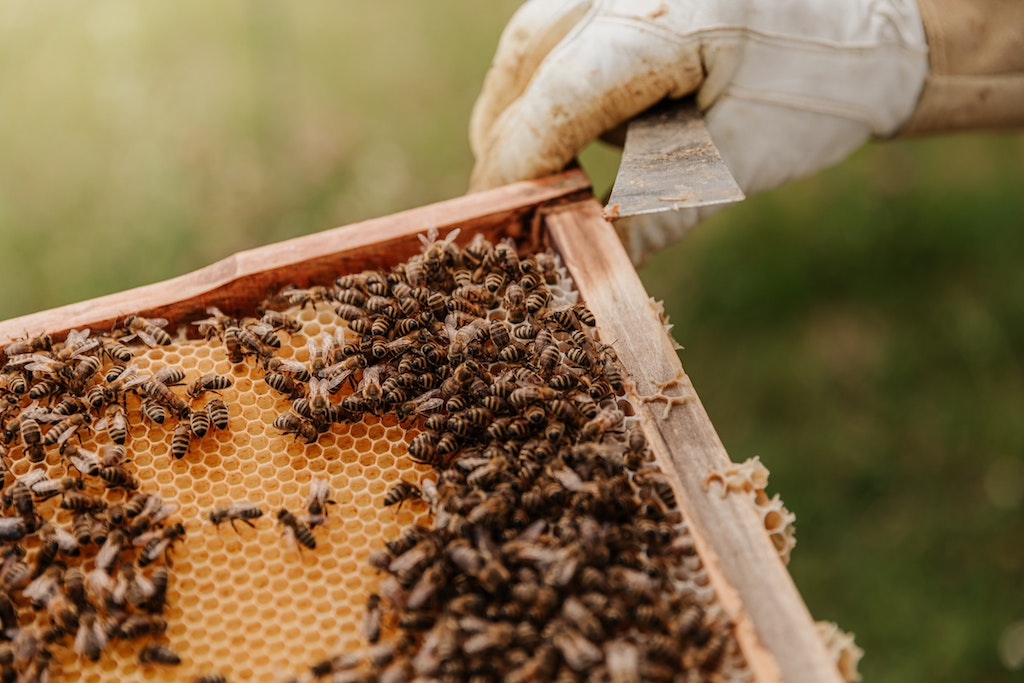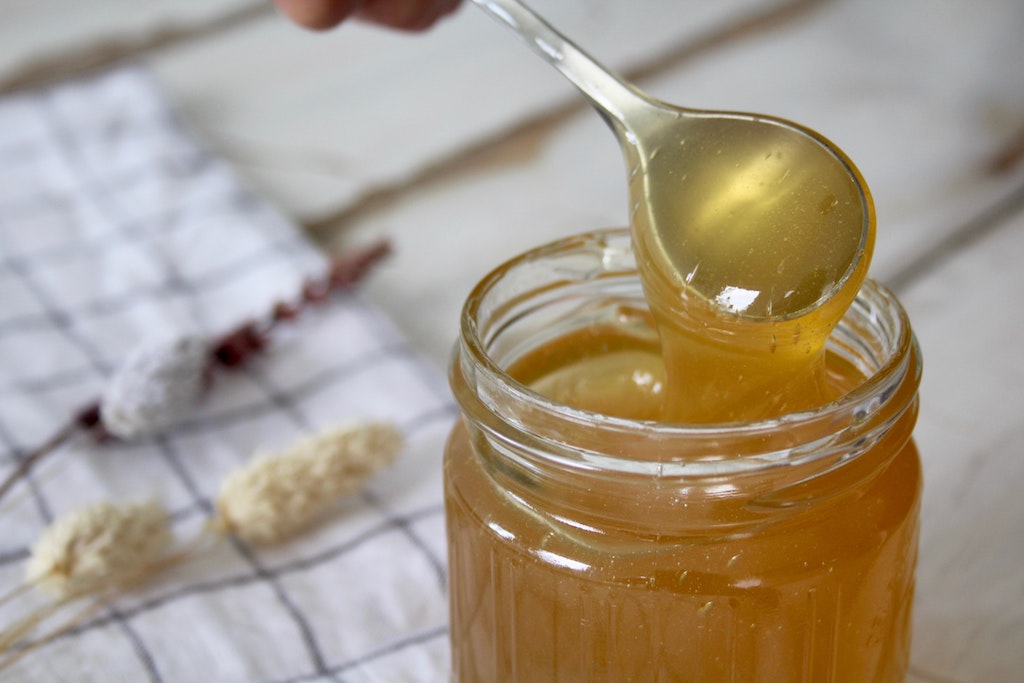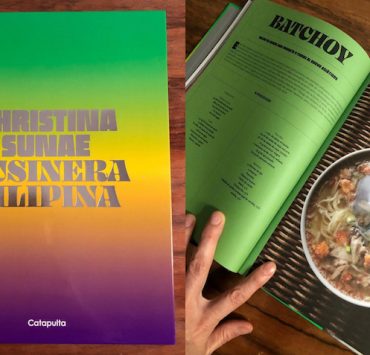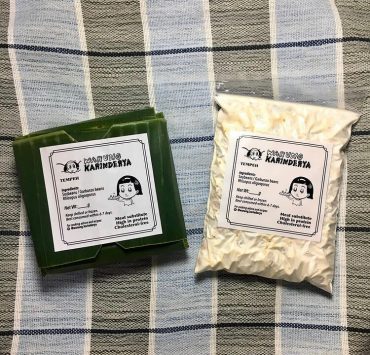“Sweet as honey” doesn’t quite apply to this study by the Department of Science and Technology’s Philippine Nuclear Research Institute (DOST-PNRI). According to the study, at least three of four honey brands being sold in the country are not pure honey or are entirely fake.
Using the internal standard isotope ratio analysis (ISCIRA) method, the study found that most honey products in the market either contained low-cost sugar syrup, or are made entirely of this. The method traced honey adulteration with sugars from C4 plants like corn and sugarcane, as well as carbon-13 signatures from bulk honey and internal protein like nectar, pollen and the enzymes of bees.
The researchers tested a total of 131 honey brands, with 57 bought from physical stores like supermarkets and souvenir shops, while 74 were bought on online shopping platforms. Of the 57 bought from physical stores, 41 imported honey brands were found to be authentic. The 16 local honey brands were found to be adulterated with C4 sugars.
Out of the 74 brands bought online, which indicated they were made locally, 64 were found to be mixed with C4 sugars. Meanwhile, 62 out of the 76 local honey brands analyzed for the study were found to be 95 percent C4 sugar syrup.
“So they are not actually adulterated, but are completely purely sugar syrup,” said Angel Bautista VII, a member of the PNRI’s research team. “The problem is that people are being tricked. You may be buying honey for its wonderful health benefits but because of adulteration, you may actually just be buying pure sugar syrup.”
Bautista added that the prevalence of fake honey could affect the local honey industry and pull down prices in the market. “Imagine incomes that are supposed to be for our honest beekeepers and honey producers being lost instead due to adulteration and fraud. This is affecting our local honey industry so badly that we estimate it is losing around P200 million per year,” he said.

Despite these issues, the researchers did not disclose the brand names of the fake honey in their study. “If we just release the names of the companies, they may stop for a while. But no one can stop them from faking honey again in the future,” Bautista added.
To prevent this, the researchers forwarded its study to the Department of Agriculture and the Food and Drug Administration, recommending the use of isotope-based methods such as the ISCIRA in better regulating honey sold in the market.
Bautista also cautioned against methods that consumers have developed to differentiate fake and real honey, saying these might not be conclusive. The “water test,” which involves placing a teaspoon of honey in a glass of water to see if it dissolves, only measures moisture content—a factor that may be affected by the climate of where it was sourced.
According to this test, syrup will dissolve in water while pure honey will settle on the bottom of the glass.
Header photo by Sophie Nengel on Unsplash
Get more stories like this by subscribing to our weekly newsletter here.
Read more:
There’s a new way to season food and it’s called spiced honey
No sugar needed: This honey banana cake is naturally sweet
4 ways sugar is sabotaging you
Writer: ANGELA PATRICIA SUACILLO




